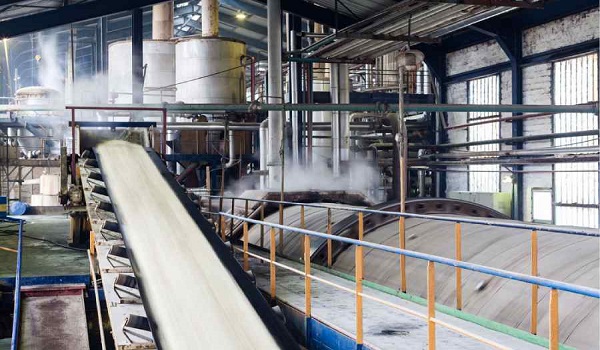In a recent directive from the Centre, the Food Ministry has instructed all sugar mills and distilleries to cease utilizing sugarcane juice for ethanol production. The move aims to ensure an ample supply of sweeteners for domestic consumption and stabilize prices. The decision, communicated through a letter to the Managing Directors and Chief Executive Officers of sugar mills and distilleries, prohibits the use of sugarcane juice/sugar syrup for ethanol in the Ethanol Supply Year (ESY) 2023-24 with immediate effect.
Prashant Biyani, VP-Institutional Equity Research and Sector Lead for Agri-Inputs, Sugar, and Hotels at Elara Securities, expressed concerns about the potential impact on sugar production and ethanol volumes. He anticipates a rise in sugar production for companies by 10-15%, while ethanol volumes are expected to decrease by around 20-25% over the next 18 months. The impact on EBITDA for top companies is estimated to range from 4% to 25% during this period.
The letter emphasizes the continuation of ethanol supply to oil marketing companies from B-heavy molasses, specifying that sugarcane juice/sugar syrup should not be used for ethanol production. Approximately 65% of ethanol in India is produced from B-heavy molasses, 25% from syrup, and the remaining from C-heavy molasses. Kaustubh Pawaskar, DVP-Fundamental Research at Sharekhan, clarified that the mills can still manufacture ethanol through B-heavy molasses but are restricted from using syrup, impacting at least 25% of the production.
Biyani acknowledged the potential negative EBITDA impact on companies, estimating an increase in sugar production for Balrampur Chini Mills and similar companies. However, he noted that the FY24 estimates for coverage companies may not see immediate changes, and a de-rating of multiples is not anticipated in the near term.
Despite the concerns, the government’s decision is viewed as a strategic move to balance sugar production and ethanol volumes, with potential implications for the industry’s financial performance over the next 18 months.


